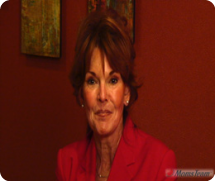
Child psychologist Shari Kuchenbecker, Ph.D., says that, in most circumstances, a parent's best course of action if she has a concern with her child's coach is to empower the young athlete to speak to the coach herself. When a number of parents on a team find that they share a common concern, however, it may be time to request that the coach hold a team meeting for players and parents. It is important that parents inform the coach in advance of the meeting of the general area of concern and that they emphasize that the goal is to find a positive solution that is best for all the children.






